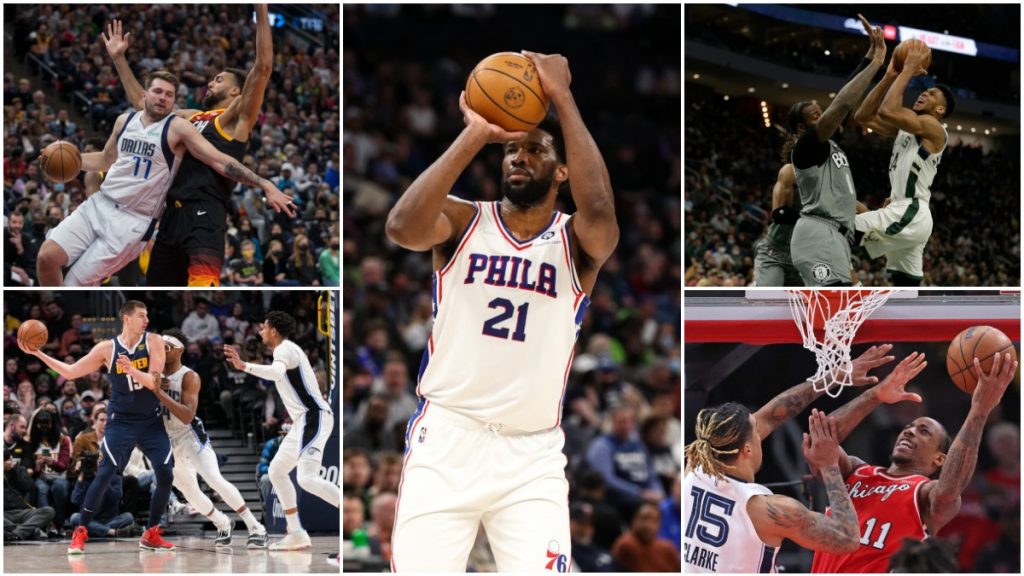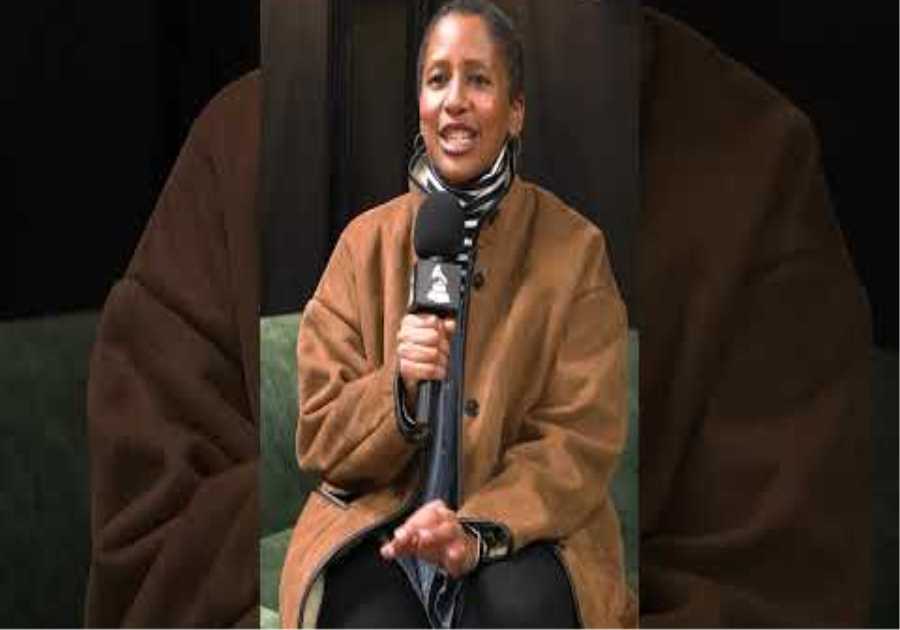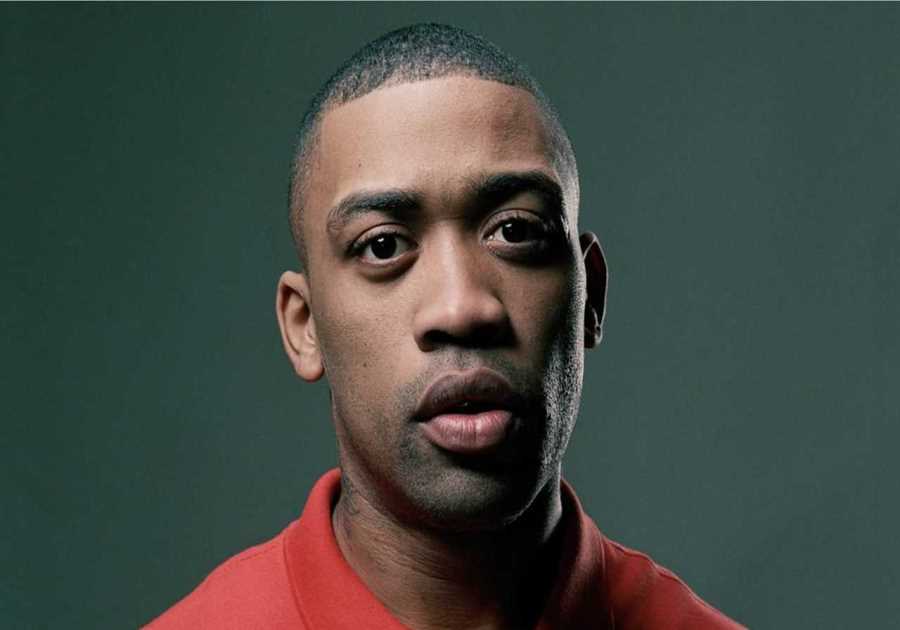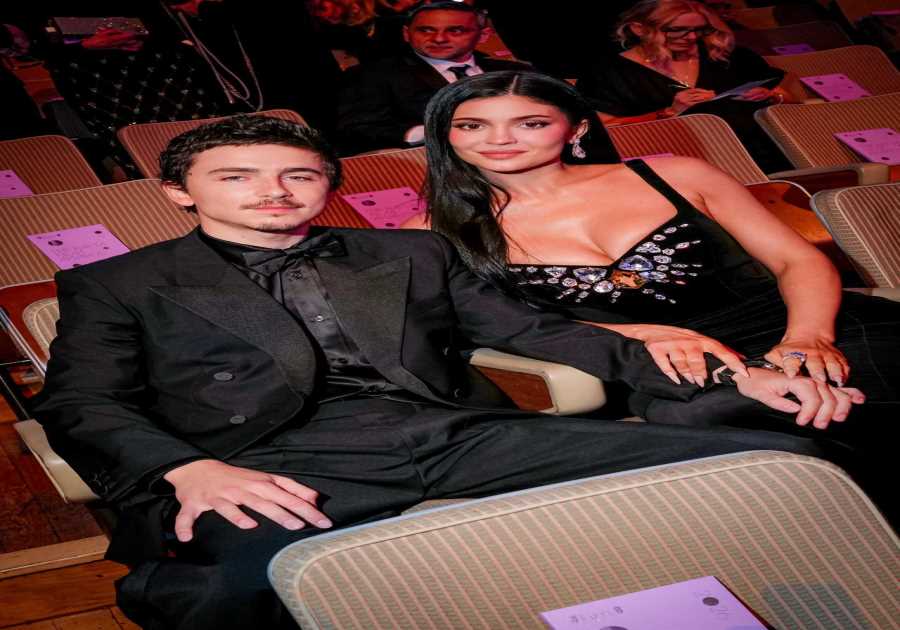How can we enjoy what should be a historically close NBA MVP race if the talking heads won’t shut up about it? At least five NBA players have legitimate cases to win the big trophy as the stretch run begins. However, since the political campaign for the award started in September, many voters have already made their decision.
Joel Embiid is the betting favorite for the 2021–22 NBA MVP award. That’s important because of how deeply embedded the sports gambling industry is with the league and the media.
The result is that the candidacies of reigning MVP Nikola Jokić, young star Luka Dončić, and resurgent DeMar DeRozan appear resigned to afterthought status. And that’s not mentioning Giannis Antetokounmpo, a two-time winner who has already numbed voters with his consistent performance.
The MVP fatigue starts before the season even begins. From there, the creature wraps itself in a circle and consumes its tail.
Preseason NBA MVP predictions prove an adage correct
Mark Twain might have said, “It’s easier to fool people than to convince them that they have been fooled.” While Snopes is skeptical that Twain used this phrase, the legendary American author did say, “How easy it is to make people believe a lie, and how hard it is to undo that work again.”
NBA MVP predictions operate very much like a lie in this case. Pundit A determines that Player X is the pick for MVP in September or October before a single jump shot is fired in a game that counts.
Player X could shoot 35%, and his team falls six games below .500 by Christmas. But several of the pundits that determined Player X was their guy would dig in, doubling down to defend the pick despite clear evidence to the contrary.
The same holds for early-season media MVP darlings. Stephen Curry this season is a textbook example. Dubbed the NBA MVP frontrunner in November, Curry hasn’t played like an MVP for a few months. But in nearly every list of contenders, you’ll find Steph and his 34.4% three-point shooting since Dec. 11.
Media voting for the NBA MVP is traditionally one-sided
Until 1980–81, the players selected the NBA MVP. Then the media assumed the duties.
There hasn’t been a close vote for the award in more than a decade. In 2004–05, Steve Nash outpolled Shaquille O’Neal by 34 points. He got 65 first-place votes to 58 for Shaq. Before that, Karl Malone beating Michael Jordan by 31 points in 1996–97 is the closest.
Last season, five players had solid arguments. But Jokić was the big story, got the early hype, won several critical early primaries — oops, wrong sport — and won in a landslide. While six players received at least one first-place vote, The Joker got 91 of the 101 cast and outpolled Embiid in a rout.
But it’s only partly in jest to juxtapose political campaigning and the NBA MVP award. The media narrative drives the discussion, and the coverage resembles the horse-race style approach used in contemporary political journalism.
And like all things in the social-media era, there is absolutely no room for nuance. You’re either with Player X, or you’re against him.
You can’t say something ridiculous like this: It would be hard to argue the validity of the NBA MVP voting if any one of Embiid, Jokić, DeRozan, Antetokounmpo, or Dončić won the prize.
That will not do. Not in 2022. It’s scientifically not possible for more than one thing to be true simultaneously. People did their own research on this, so it must be true.
Instead, it must be a firm declaration accompanied by scorn for anyone who might dare take a different view. “Player X is definitely the MVP, there can be no other arguments, and if you try to make one, you are just (insert insulting adjective here).”
Voters are people, too, and that swings the results

Swinging back to American politics for a second, one of the arguments against releasing early returns from the Eastern Time Zone is that those numbers can sway votes in time zones where polls remain open.
People want to be associated with winners. So if their candidate appears to be losing, the temptation exists to choose the perceived winner. Maggie Koerth of FiveThirtyEight examined this phenomenon in 2019.
Let’s go back to last season’s NBA MVP voting. Again, six players received first-place votes. Here’s the breakdown:
- Nikola Jokić, 91
- Stephen Curry, 5
- Chris Paul, 2
- Joel Embiid, 1
- Giannis Antetokounmpo, 1
- Derrick Rose, 1
Aside from one obvious outlier, any of the others was a reasonable choice. But the voting doesn’t entirely reflect that.
Instead, Jokić was a runaway winner. The Denver Nuggets star emerged early in the season as a strong contender. Most of the loudest pundits were completely on board by the All-Star break. The voting reflects this; a bit of a “well, he’s going to win anyway, so I should vote for him” wave made the result more lopsided.
A more reasonable approach might be to (gasp!) let the season play out and start considering the NBA MVP race somewhere around March 1.
But where’s the fun in that? There are a gazillion hours of airtime and billions of pixels to fill with fiery arguments! So instead, we get the horse race. But by the time we hear the call of “Down the stretch they come,” the NBA MVP discussion is so stale it has no taste.
Statistics courtesy of Basketball Reference.
RELATED: 1 Simple Change Has Turned Joel Embiid Into an NBA MVP Candidate
The post A Potentially Historically Great NBA MVP Race Is Being Wrecked by Media Narratives appeared first on Sportscasting | Pure Sports.
-----------------------
By: Phil Watson
Title: A Potentially Historically Great NBA MVP Race Is Being Wrecked by Media Narratives
Sourced From: www.sportscasting.com/a-potentially-historically-great-nba-mvp-race-is-being-wrecked-by-media-narratives/
Published Date: Mon, 28 Feb 2022 16:08:58 +0000
Did you miss our previous article...
https://ballerawards.news/sports/ja-morant-memphis-grizzlies-both-entering-uncharted-territory






